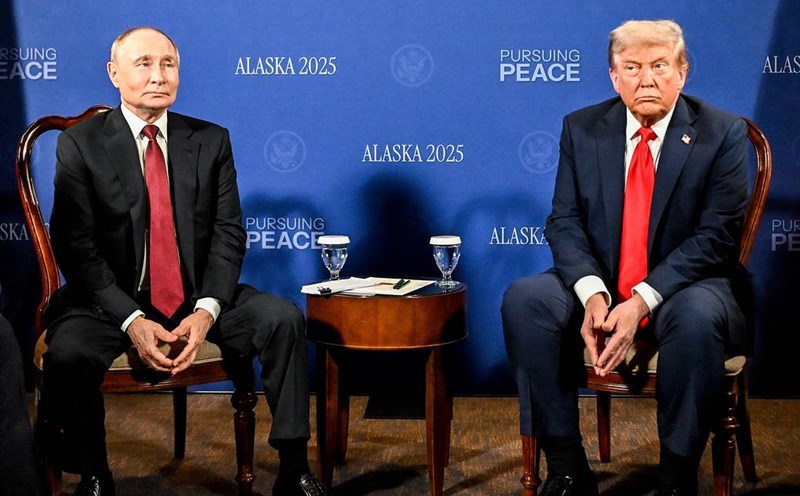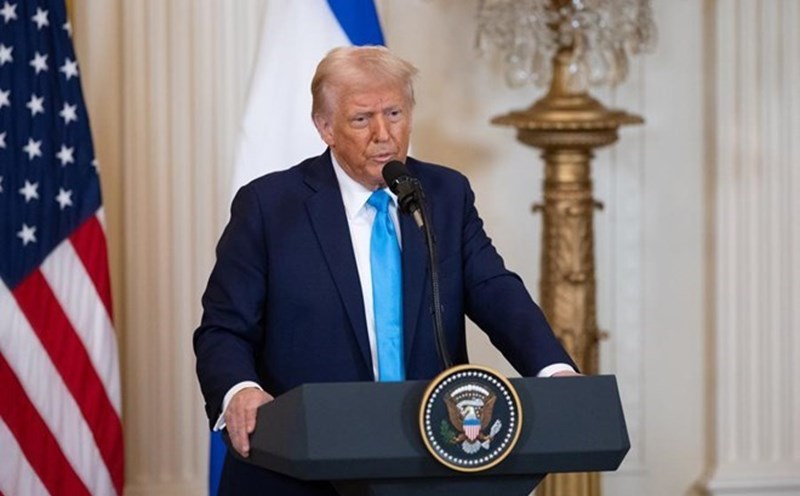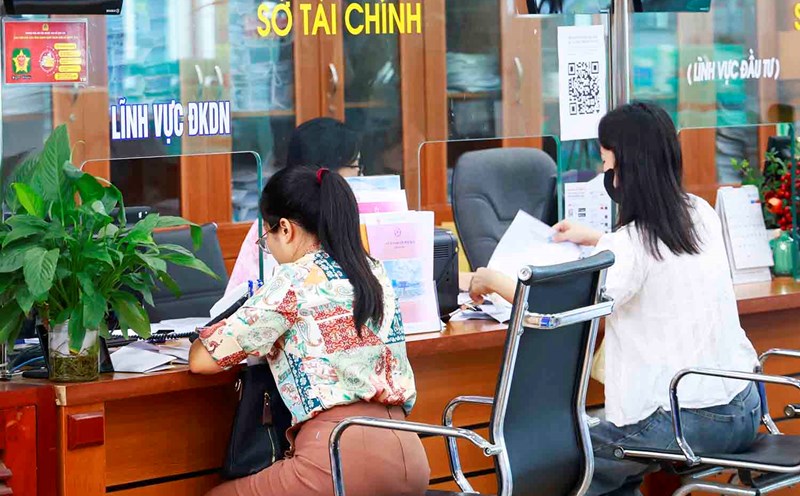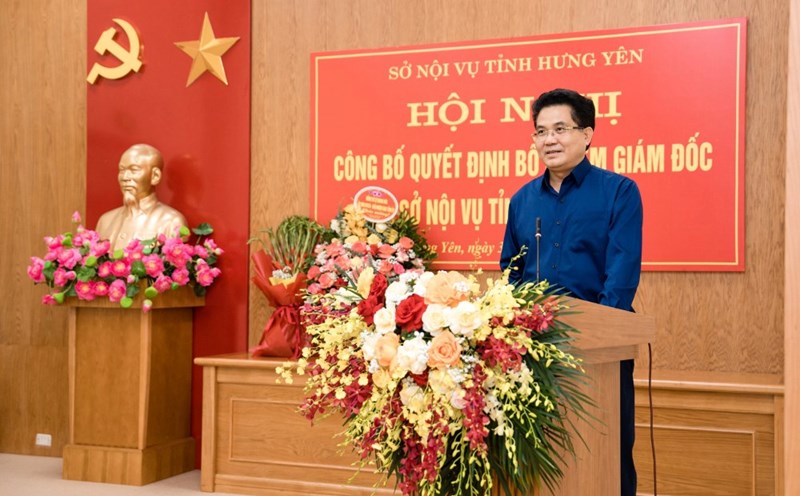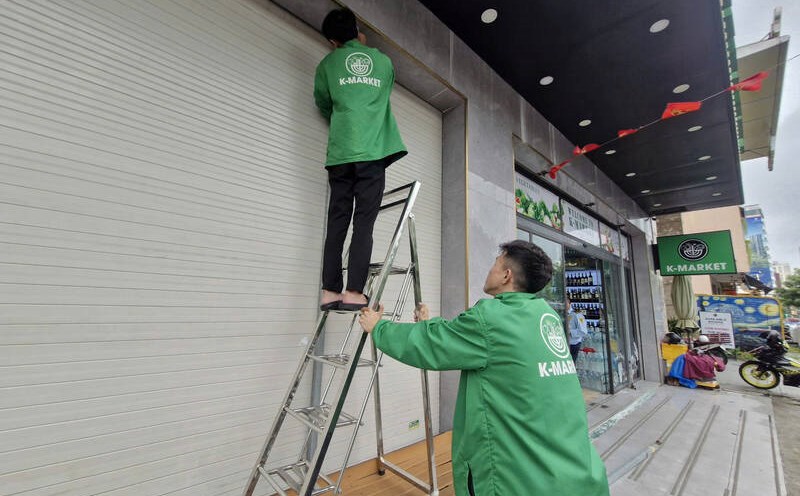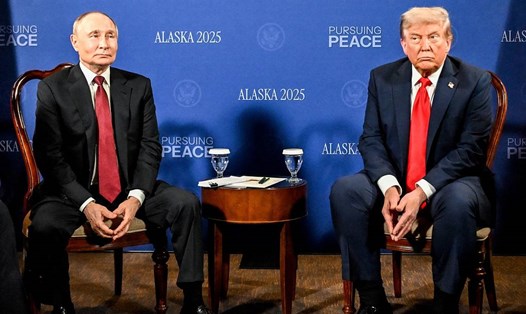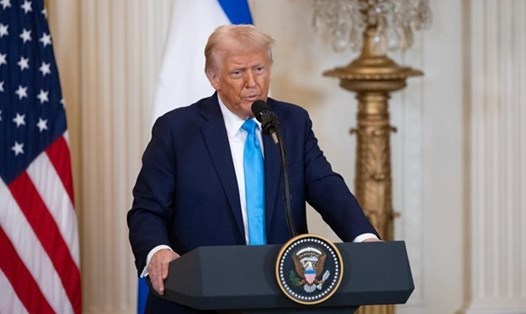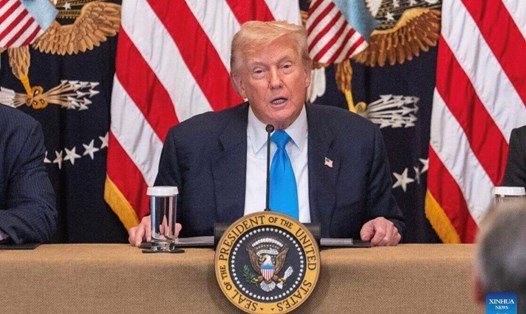On October 21, US President Donald Trump announced a list of key demands that Washington will make in the new round of trade talks with Beijing, as he prepares to meet President Xi Jinping at the APEC summit in South Korea later this month and plans to make an official visit to China in early 2026.
Speaking at the White House with Australian Prime Minister Anthony Albanese, Mr. Trump said he had received an invitation from China and expected "a fair and wonderful trade deal between the two countries". However, to achieve that, the list of conditions set by the White House is not easy for Beijing.
One of the focuses Mr. Trump mentioned is China tightening control of rare earth exports - an important material group for chip production, renewable energy and defense. In response to the move, the US president threatened to impose a 100% additional tax on Chinese goods starting in November.
Along with that, the US and Australia have signed an agreement to expand cooperation on rare earths and strategic minerals, in order to reduc dependence on Chinas supply chain - Mr. Trump said.
The US leader also asked China to stop exports of fentanyl and chemical precursors that Washington accused of originating, which contributed to the opioid crisis in the US. We want Beijing to stop. The American people are paying the price, he said.
Another issue is agricultural product trade. Mr. Trump expressed hope that China will soon resume purchasing US soybeans - a key commodity that has stalled in the tariff confrontation in recent years. This export recovery is considered an important factor for agricultural voters in the context of the US preparing to enter the new election season.
Responding to a question about Taiwan (China), Mr. Trump tried to appease public opinion when he said that "everything will be fine, China does not want to do that" - implying the possibility of military conflict. However, this is still the most sensitive hot spot in US-China relations.
In recent years, Washington has continued to strengthen defense cooperation with Taipei, including large-scale arms sales packages. Beijing views this as a blatant intervention in internal affairs, while affirming that Taiwan (China) is an inseparable territory of China.
On October 21, Chinese Foreign Ministry spokesman Guo Zhao on October 21 emphasized Beijing's "clear and consistent" stance: "The Taiwan (China) issue is completely an internal matter of China. No one is allowed to separate the island from Chinese territory under any circumstances.
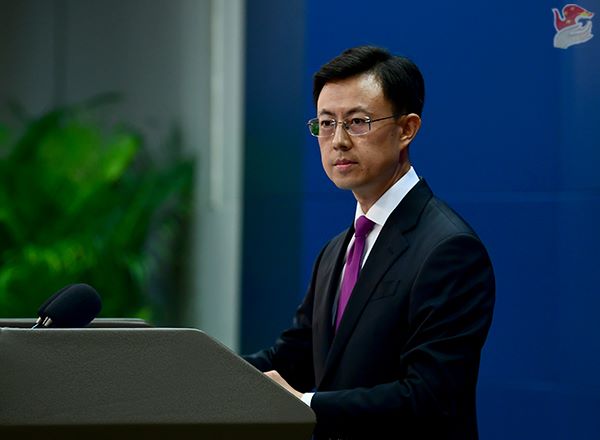
Mr. Quach Gia Khon also affirmed that China will continue to "make every effort for the goal of peaceful unification, but will not tolerate any intervention by any force".
At the same time, he emphasized the irreplaceable role of senior diplomacy in orienting bilateral relations between China and the US, adding that the two leaders still maintain regular exchanges.

